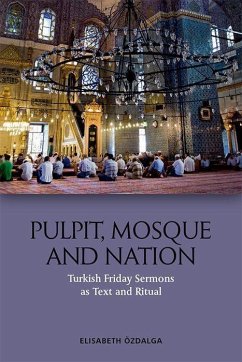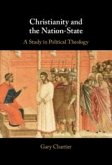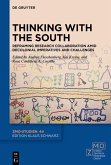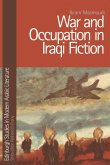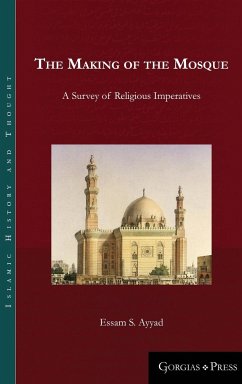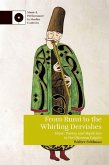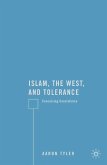'Through a meticulous examination of the Friday sermons, Elisabeth Özdalga analyses the public role of religion in Turkey - from containment by the secular state to instrumentalisation by the Islamist government. This is a most valuable contribution to our understanding of state-religion configurations in modern Turkey.' Sami Zubaida, Emeritus Professor of Politics and Sociology at Birkbeck, University of London 'In her innovative and timely study, Özdalga shows that it is not so much the rather bland and repetitive contents of the Friday sermon that makes it influential, but the rather the fact of its performance. Attended by over half of the male population, the Friday prayer and sermon form a communal act that plays a key role in installing in the audience "oneness and togetherness" that is the foundation stone of Turkish republican nationalism.' Erik-Jan Zurcher, Emeritus Professor of Turkish Studies, Leiden University A historical and sociological analysis of the role of Friday sermons in the nation building process in modern Turkey Since the formation of the Republic in 1923, Friday sermons (hutbe) have been an important platform that allows the state to engage and communicate with the Turkish people. Sermon topics vary from religious and ethical issues to matters concerning family, women, health, education, business and the environment. Even if politics, in the name of secularism, has been banned from mosques and sermons, questions of how to be a good citizen and honour the Turkish nation have been of utmost importance. With an all-pervading sermon theme of social, national and political unity, Elisabeth Özdalga explores how long-standing religious rituals are utilised and mobilised in the formation of modern political loyalties and national identities. Key Features - Presents a new field of research, which focuses the role of Islamic oratory in the nation building process in modern Turkey - Analyses various forms and contents (including a large number of translations from Turkish to English) of Friday prayer oratory - Highlights how state patronage conducted through a secular political order has controlled religion, but also how an overpowering state has been challenged by various religious groups and institutions - Synthesises three basic analytical dimensions of official Muslim oratory: the religious ritual; political and ideological discourses; and, governmental supervision through the official religious institution Diyanet Elisabeth Özdalga is a retired Senior Researcher and former Director of the Swedish Research Institute in Istanbul. Cover image: Blue Mosque, Sultan Ahmed Mosque, Istanbul, Turkey (c) Look-foto / LOOK-foto Cover design: Andrew McColm [EUP logo] edinburghuniversitypress.com ISBN 978-1-4744-8820-4 Barcode
Hinweis: Dieser Artikel kann nur an eine deutsche Lieferadresse ausgeliefert werden.
Hinweis: Dieser Artikel kann nur an eine deutsche Lieferadresse ausgeliefert werden.

